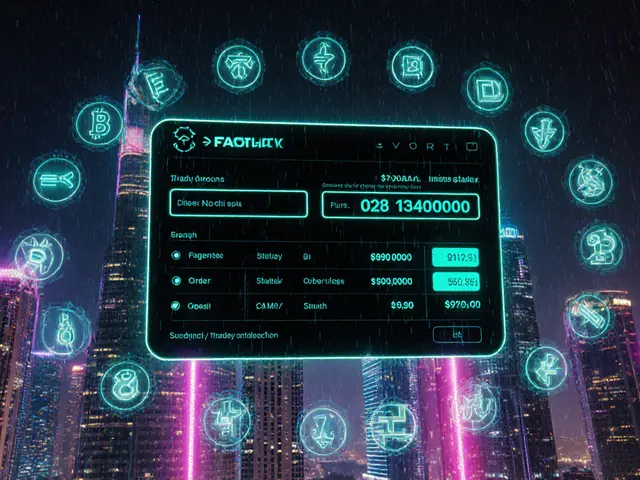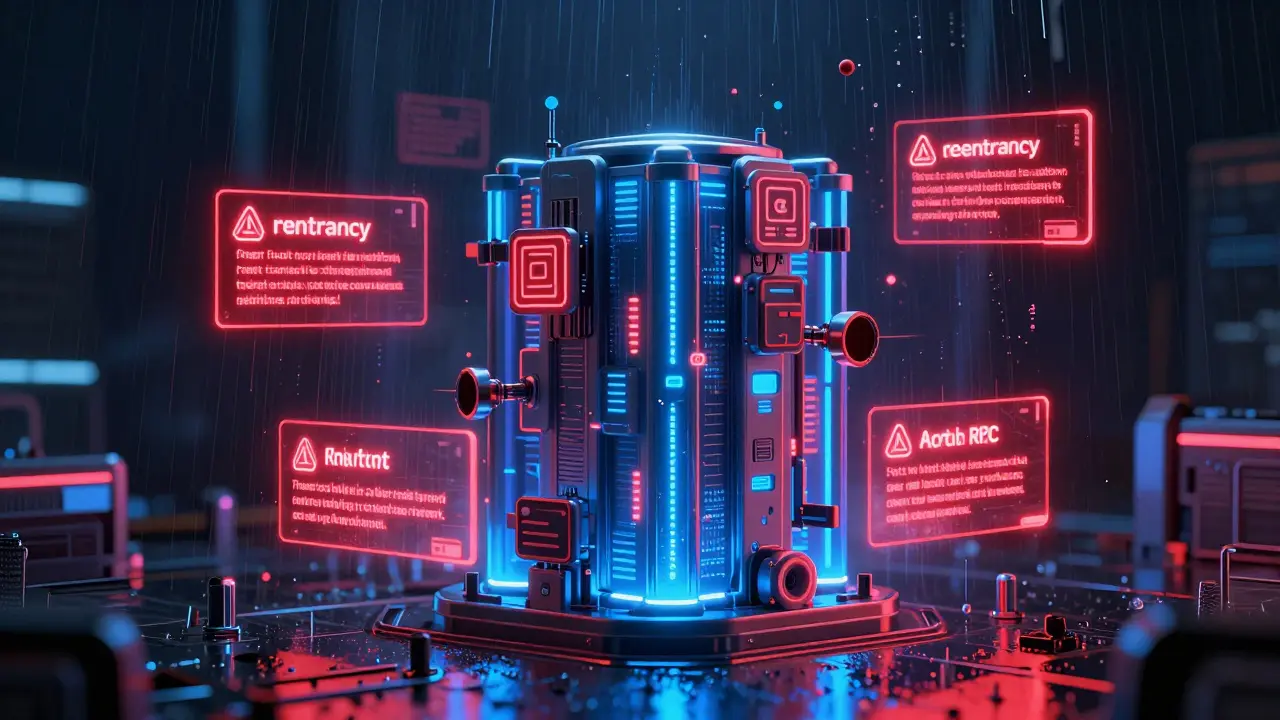Decentralized Storage Explained
When working with Decentralized Storage, a system that splits, encrypts, and spreads files across many nodes. Also known as distributed file storage, it lets users keep data safe from single points of failure. The concept relies heavily on Data Security, protecting information from loss or tampering. A common synonym for Data Security is information protection. It also depends on Encryption, the process of converting data into a coded format, often called cryptography. Finally, the network layer is built on Distributed Networks, groups of computers that share storage responsibilities, sometimes referred to as peer‑to‑peer nodes. Decentralized storage encompasses data fragmentation, requires encryption, and improves resilience through distributed networks.
Why Data Security Matters in a Distributed World
Data Security isn’t just a buzzword; it’s the foundation that lets you trust any storage solution. When files are broken into shards and scattered, each piece becomes less valuable on its own, which dramatically reduces the risk of theft. Encryption adds another layer by ensuring that even if a shard is intercepted, it remains unreadable without the proper key. This combination means that attacks that would cripple a centralized server simply can’t bring down a decentralized system. In practice, you’ll see that users of decentralized storage enjoy higher uptime and lower chances of data loss, because the network self‑heals by re‑replicating missing shards automatically.
Distributed Networks amplify those security benefits. By spreading data across geographic regions, they protect against outages caused by power failures, natural disasters, or government censorship. Each node participates in a consensus protocol, often powered by blockchain, to verify that stored data remains unchanged. This verification process ensures integrity without needing a trusted central authority. As a result, the network can scale horizontally—adding more nodes boosts capacity and fault tolerance simultaneously.
Blockchain technology underpins most modern decentralized storage platforms. It provides an immutable ledger that records who stored which shards and when, creating transparent accountability. Smart contracts can automate payments to storage providers, ensuring they’re rewarded for keeping data available. This economic incentive aligns the interests of providers and users, fostering a healthy ecosystem where data remains both secure and affordable.
If you’re wondering why Decentralized Storage matters today, keep reading. Below you’ll find a curated set of articles that dive deep into security strategies, encryption best practices, network design, and real‑world use cases. Whether you’re a developer building on the tech or a casual user looking for a safer way to back up files, the posts ahead break down the concepts into actionable steps you can apply right away.
Ready to explore the details? The collection below covers everything from how fragmentation works to which encryption algorithms are best for your needs, plus guides on selecting the right storage network for your project.





